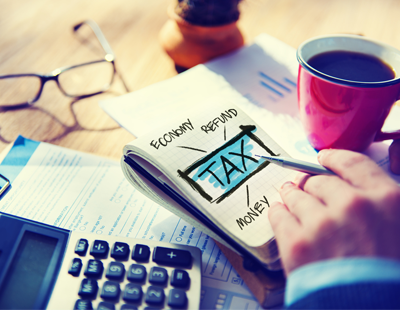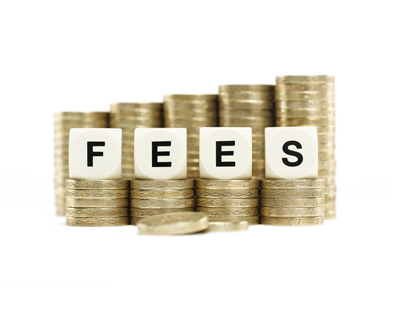
The Welsh Government - which now has additional fiscal powers allowing it to be more independent from Westminster - has chosen nonetheless to continue with the three per cent additional property stamp duty surcharge.
The Office for Budget Responsibility says this will bag an extra £9m in 2016-17 in Wales, rising to £14m in 2020-21. “Retaining the higher rate will generate vital revenue to fund public services in Wales” says a statement from the Welsh Government.
The authority carried out a technical consultation over the summer about how the higher rate could be adapted to make it better suited to Wales. A large number of suggestions were put forward, including calls to consider the impact and use of long-term empty properties to be bought back into use as affordable housing.
“There was a clear view from respondents about the importance of maintaining a single, consistent rate across the UK. I am today announcing that this levy will exist in Wales when land transaction tax – the successor to stamp duty in Wales – comes into force” says a spokesman.
In response to the decision, a joint statement by David Cox, managing director of the Association of Residential Letting Agents, and Mark Hayward, managing director of the National Association of Estate Agents, said they were disappointed with the news.
“We have been highly supportive of the new devolved tax regime in Wales precisely because it was a way that it could set its own tax agenda that works best for the housing sector in the region. In continuing with the surcharge, the Welsh Government is not making the most of its new powers in order to increase the supply of homes that Wales so desperately needs” the pair say.
“The measures will lead to increased rent prices through a fall in supply and increasing demand. Tenants will also see additional costs passed onto them, as landlords look for ways to increase the profitability of their properties in the face of spiralling expenses. Ultimately, this will lead to sub-standard accommodation as money, previously used for the up keep of homes, will be swallowed up in tax payments.”













%20-%20IMAGE%20Client%20Accounting%20%E2%80%93%20what%20are%20your%20options.jpg)









Join the conversation
Be the first to comment (please use the comment box below)
Please login to comment